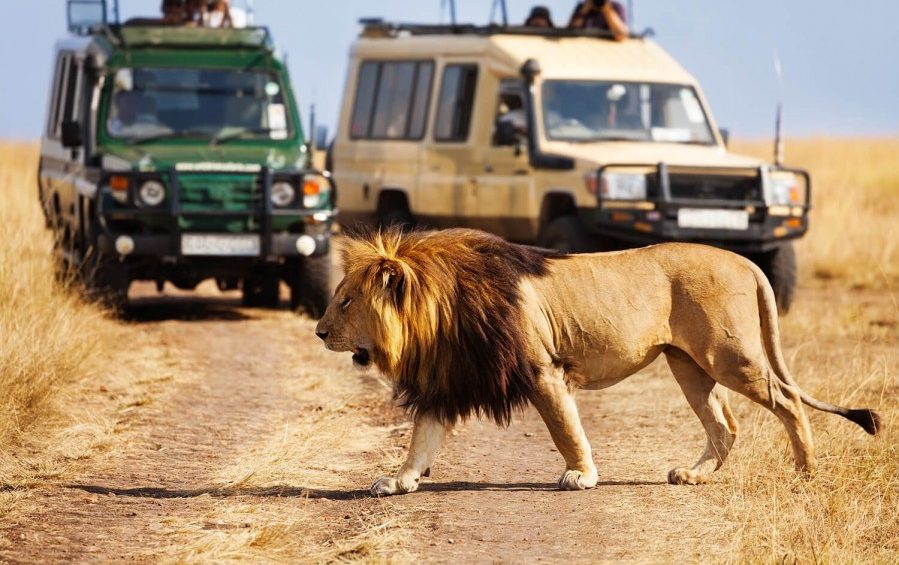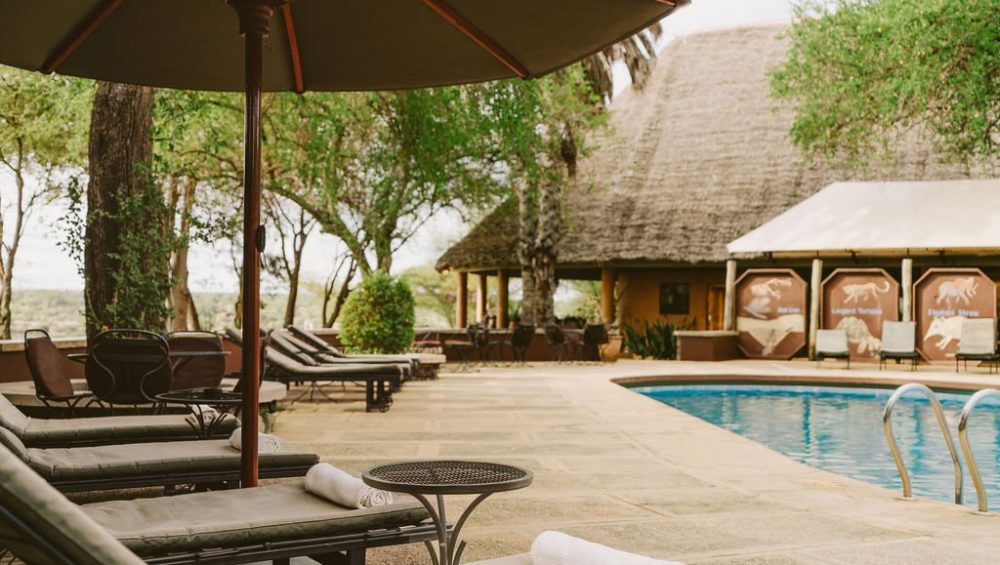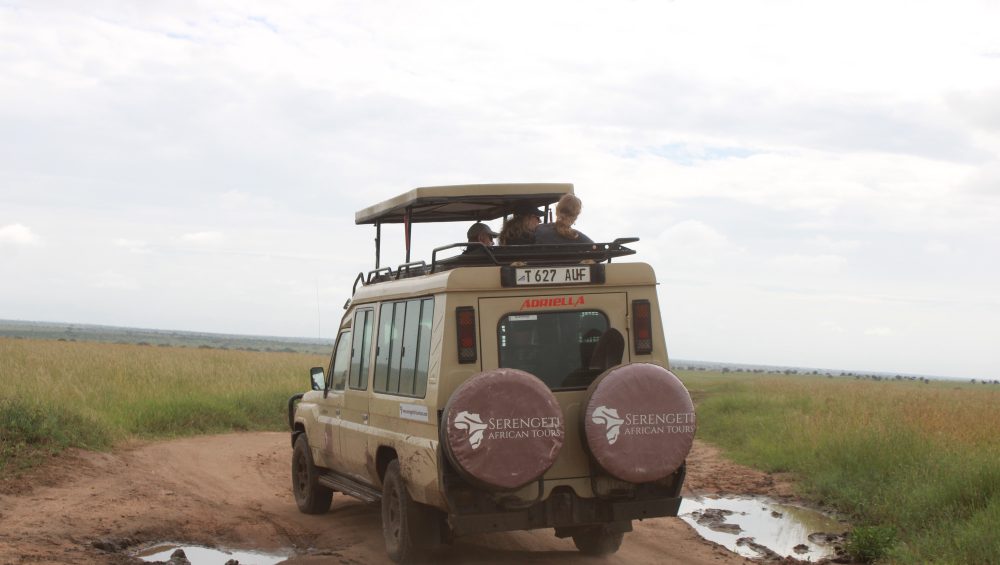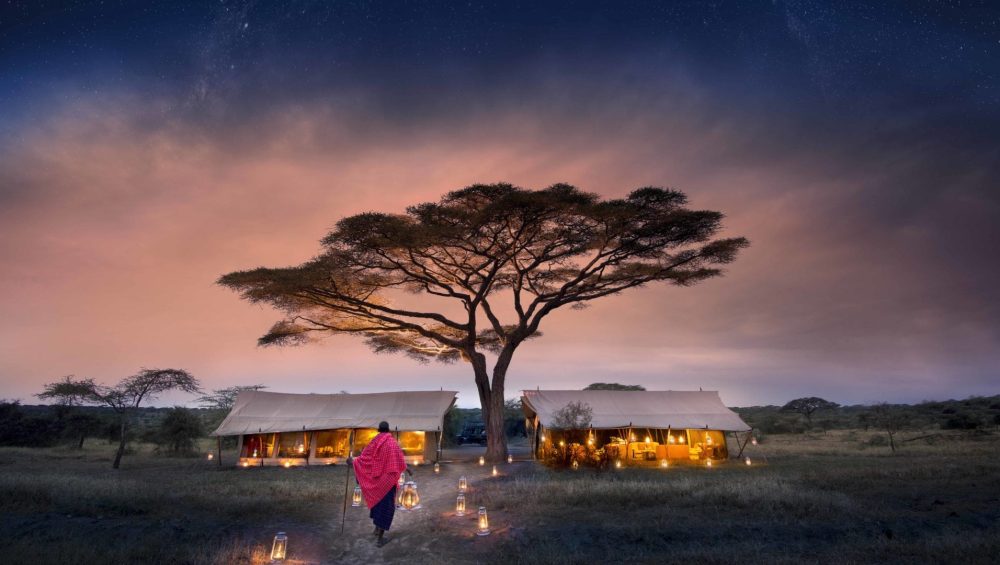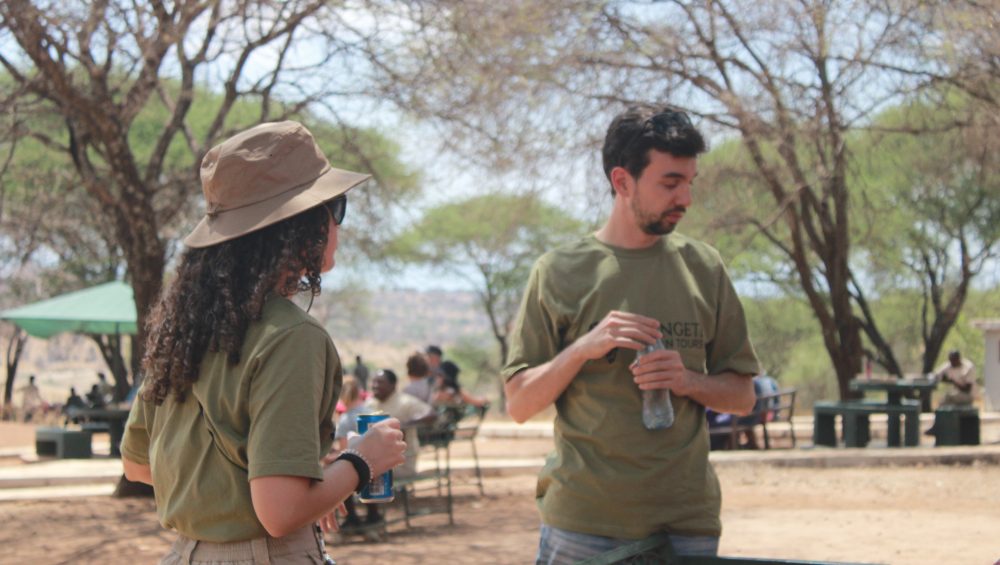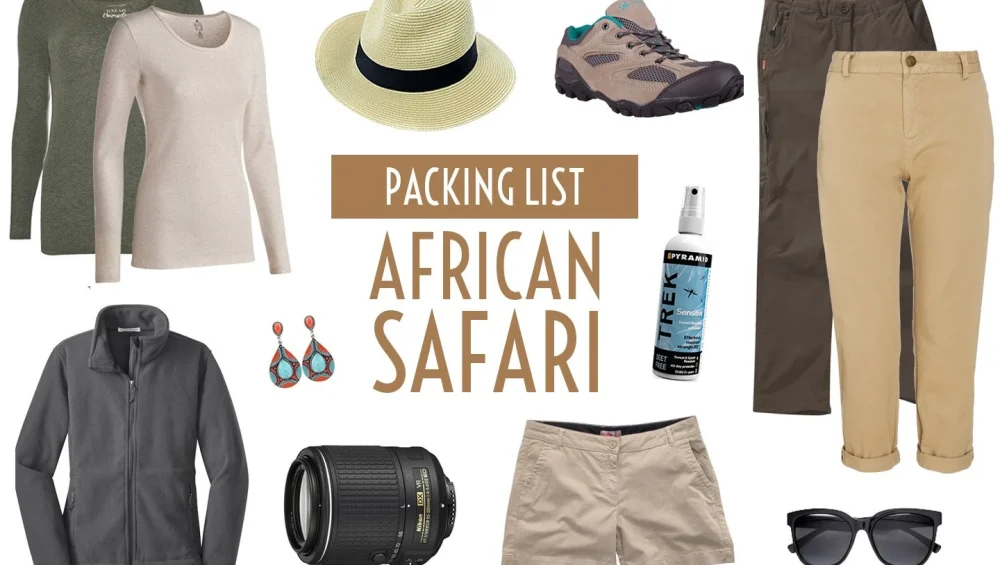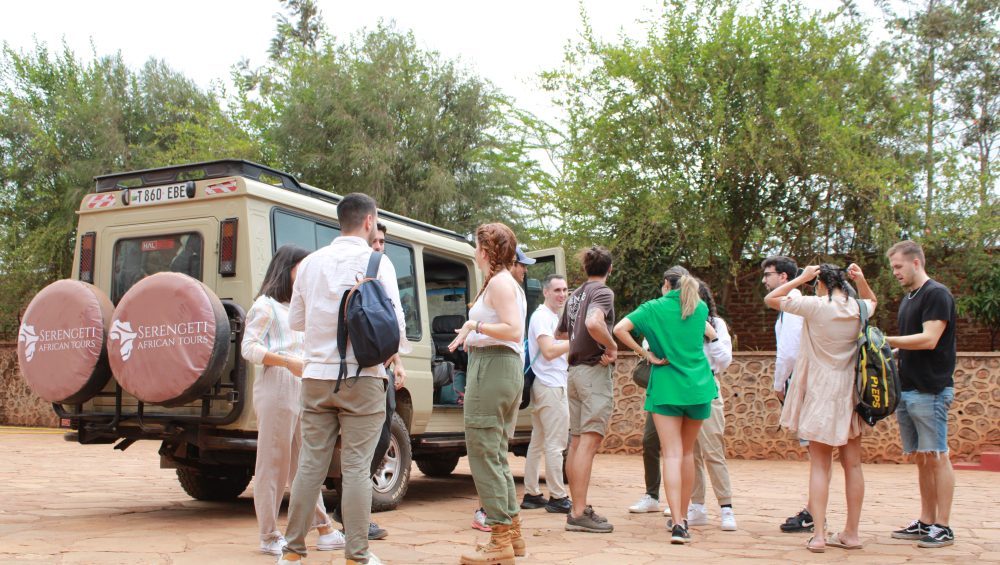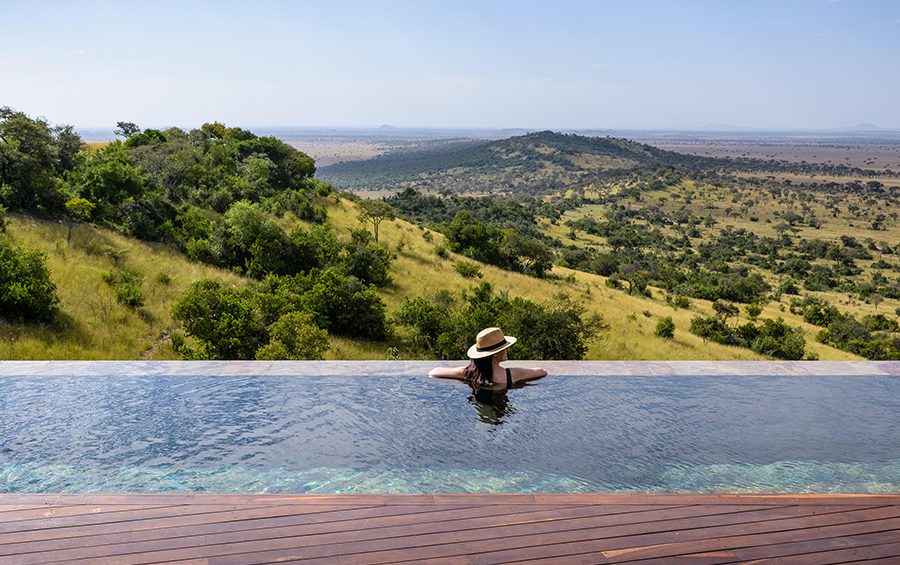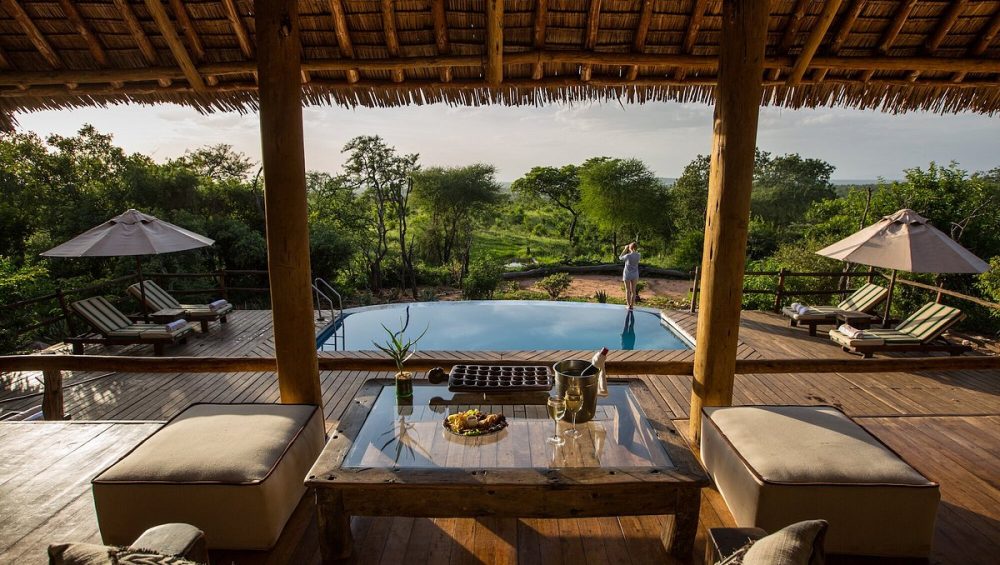How to Travel Responsibly on a Safari Adventure
How to Travel Responsibly on a Safari Adventure
How to Travel Responsibly on a Safari Adventure
Going on a safari is an unforgettable experience, but responsible travel is key to preserving wildlife, ecosystems, and local cultures for future generations. Whether you’re heading to Tanzania, Kenya, or another safari destination, here’s how you can ensure your adventure is ethical, sustainable, and respectful.
🌍 1. Choose an Ethical Safari Operator
Not all safari companies operate with conservation and community well-being in mind. Some prioritize profits over ethical practices, so it’s essential to research before booking.
What to Look For:
✅ Eco-Friendly Lodges & Camps – Operators that use solar power, composting toilets, and limit plastic waste.
✅ Certified Sustainable Practices – Look for affiliations with organizations like The Long Run, African Responsible Tourism Awards, or Fair Trade Tourism.
✅ Wildlife Conservation Support – Companies that donate a portion of profits to anti-poaching initiatives or local conservation projects.
✅ Ethical Cultural Experiences – Operators that ensure fair pay for local communities and promote authentic, non-exploitative interactions.
💡 Tip: Choose lodges and camps with a low ecological footprint, such as Asilia Africa, Singita, or Nomad Tanzania.
🦁 2. Respect Wildlife & Follow Ethical Safari Etiquette
Wild animals must be observed from a respectful distance to ensure their natural behaviors remain undisturbed.
Dos & Don’ts:
✅ Stay in Your Vehicle – Unless your guide says otherwise, stepping out can stress animals or put you in danger.
✅ Keep a Safe Distance – Never pressure guides to get closer for photos—this can disturb or endanger wildlife.
✅ Lower Your Voice – Loud noises can disrupt animals and ruin the experience for other safari-goers.
✅ No Flash Photography – Flash can startle wildlife and interfere with their natural behaviors.
✅ Do Not Feed Animals – This disrupts their natural diet and encourages dangerous human-wildlife interactions.
💡 Tip: Bring binoculars and a zoom lens so you can admire wildlife from afar without disturbing them.
🌱 3. Reduce Your Environmental Footprint
Luxury safaris often involve high water consumption, waste production, and carbon emissions. Here’s how you can minimize your impact:
✅ Use a Refillable Water Bottle – Many safari lodges now provide refill stations to cut down on plastic waste.
✅ Limit Water Use – Opt for short showers and reuse towels to conserve precious water resources.
✅ Say No to Plastic – Avoid single-use plastics and bring reusable bags, utensils, and a straw.
✅ Choose Carbon-Neutral Lodges – Many camps offset their game drive emissions by investing in reforestation and conservation projects.
✅ Offset Your Flights – Consider contributing to carbon offset programs that support renewable energy or reforestation.
💡 Tip: Look for accommodations with eco-certifications and sustainable tourism awards.
🏡 4. Support Local Communities & Businesses
Tourism can provide life-changing opportunities for local people, but only if it’s done ethically.
How to Give Back Responsibly:
✅ Book Locally Owned Lodges & Camps – Instead of international chains, stay at places that employ and empower local communities.
✅ Buy Handcrafted Souvenirs – Support Maasai beadwork, Tanzanian textiles, and hand-carved wooden sculptures instead of mass-produced goods.
✅ Dine on Local Cuisine – Try traditional dishes like ugali, nyama choma (grilled meat), or Zanzibar seafood at community-owned restaurants.
✅ Respect Cultural Traditions – Learn a few words in Swahili and always ask permission before taking photos of people.
💡 Tip: Visit responsible tourism projects like the Maasai Women’s Art Cooperative or Shanga (a social enterprise supporting people with disabilities in Tanzania).
🚙 5. Travel Light & Pack Responsibly
Packing smart can help reduce waste, limit your footprint, and support local communities.
Essential Sustainable Packing List:
🎒 Reusable Water Bottle – Cut down on plastic waste.
🧴 Eco-Friendly Toiletries – Biodegradable soap, shampoo, and sunscreen to avoid contaminating water sources.
🚯 Zero-Waste Essentials – Reusable bags, metal straws, and cloth napkins.
🔦 Solar-Powered Flashlight – Useful for walking around lodges at night without wasting batteries.
📖 A Good Guidebook – Learn about local cultures, languages, and conservation efforts.
💡 Tip: Leave space in your suitcase for school supplies or books that you can donate to local schools or charities.
🔬 6. Avoid Unethical Wildlife Encounters
Some tourist activities exploit wildlife rather than protect them. If an experience allows direct contact with wild animals, it’s likely unethical.
Activities to Avoid:
🚫 Lion Cub Petting – Many cubs in “sanctuaries” are later sold into the trophy hunting industry.
🚫 Elephant Riding – Elephants suffer cruel training methods to become rideable.
🚫 Walking with Lions – These lions are often bred in captivity and can never be released into the wild.
🚫 Holding Wildlife – Whether it’s baby monkeys, chameleons, or turtles, wild animals should never be handled.
💡 Tip: Instead of visiting unethical attractions, support wildlife rehabilitation centers like the Chimpanzee Sanctuary in Gombe National Park.
🌅 7. Be a Responsible Photographer
Taking incredible safari photos is exciting, but ethical photography is just as important.
Guidelines for Responsible Safari Photography:
✅ Respect Animals’ Space – Never bait or call animals for a better shot.
✅ No Selfies with Wildlife – Avoid posing too close to animals, as this can stress them.
✅ Ask Permission Before Photographing Locals – Some cultures view photography as intrusive or even disrespectful.
✅ Share Ethical Travel Stories – Use your platform to raise awareness about conservation efforts, not exploitative tourism.
💡 Tip: Consider donating your wildlife photos to conservation projects that need images for educational purposes.
🌍 Travel With Purpose & Make a Positive Impact
A safari is more than just an adventure—it’s an opportunity to support wildlife conservation, local communities, and responsible tourism initiatives. By making ethical choices, you can ensure that Africa’s incredible landscapes and cultures thrive for generations to come.
Would you like help choosing eco-friendly safari camps or ethical tour operators for your next adventure? Let’s plan a responsible journey! 🌿✨
Deals and Discounts
Our Best Selling Tanzania Tours & Safaris
2 Days Tanzania Budget Safari
- Price: $500 per person
- Tour Type: Budget Safari, Joining Groups
- Place Visited: Arusha, Tarangire, Ngorongoro Crater
3 Days Safari Serengeti & Ngorongoro Crater
- Price: $750 per person
- Tour Type: Budget Safari, Joining Groups
- Place Visited: Arusha, Serengeti, Ngorongoro Crater
3 Days Tanzania Big 5 Budget Safari
- Price: $650 per person
- Tour Type: Budget Safari, Joining Groups
- Place Visited: Arusha, Tarangire, Lake Manyara, Ngorongoro Crater
3 Days Tanzania Safaris, Waterfalls And Coffee Tour
- Price: $620 per person
- Tour Type: Budget Safari, Joining Groups
- Place Visited: Arusha, Tarangire, Ngorongoro Crater, Materuni Waterfalls & coffee tour
3-Day Serengeti and Ngorongoro Camping Fly-in Safari
- Price: $1500 per person
- Tour Type: Budget Safari, Private Safaris, Camping Safaris, Fly In Safaris
- Place Visited: Arusha, Serengeti, Ngorongoro Crater, Zanzibar
3-Day Tarangire NP, Ngorongoro and Materuni Waterfalls
- Price: $605 per person
- Tour Type: Budget Safari, Joining Groups, Lodge Safaris
- Place Visited: Arusha, Tarangire, Ngorongoro Crater, Materuni Waterfalls & coffee tour
3-Day Tarangire, Ngorongoro and Kilimanjaro Hike
- Price: $715 per person
- Tour Type: Budget Safari, Joining Groups, Lodge Safaris
- Place Visited: Arusha, Tarangire, Ngorongoro Crater, Kilimanjaro Mountain
4 Day Taste of Tanzania Budget safari
- Price: $900 per person
- Tour Type: Budget Safari, Joining Groups
- Place Visited: Arusha, Tarangire, Serengeti, Ngorongoro Crater

